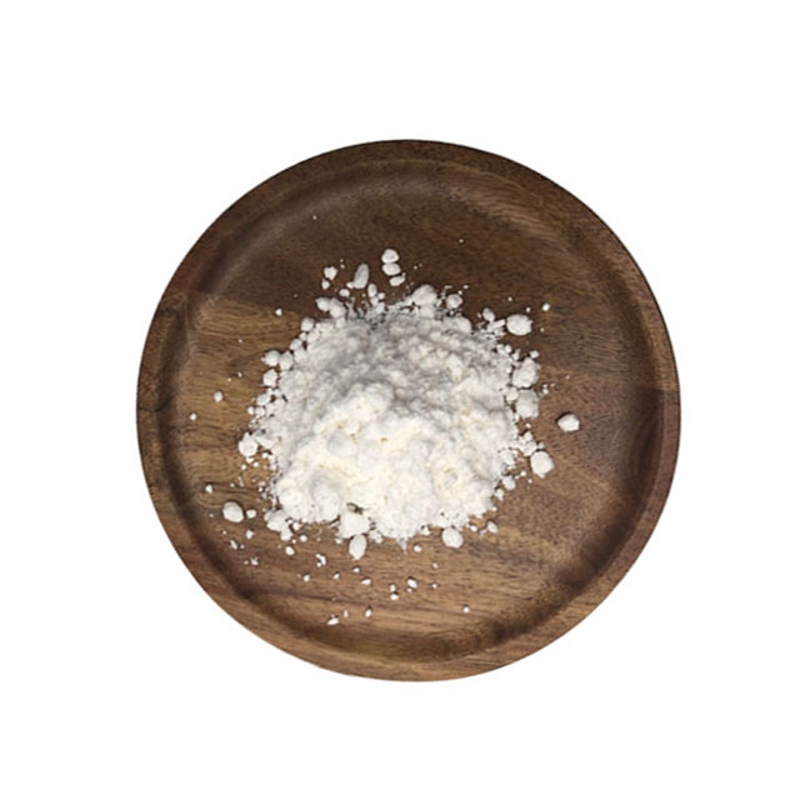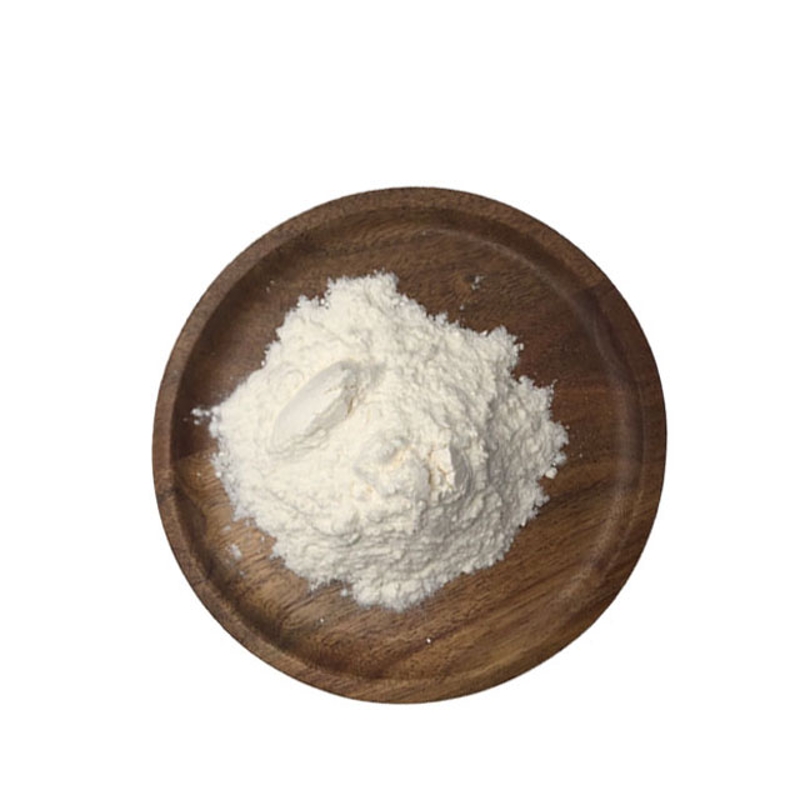-
Categories
-
Pharmaceutical Intermediates
-
Active Pharmaceutical Ingredients
-
Food Additives
- Industrial Coatings
- Agrochemicals
- Dyes and Pigments
- Surfactant
- Flavors and Fragrances
- Chemical Reagents
- Catalyst and Auxiliary
- Natural Products
- Inorganic Chemistry
-
Organic Chemistry
-
Biochemical Engineering
- Analytical Chemistry
- Cosmetic Ingredient
-
Pharmaceutical Intermediates
Promotion
ECHEMI Mall
Wholesale
Weekly Price
Exhibition
News
-
Trade Service
*For medical professionals to read for reference only, Professor Si Lu will take you to understand the latest research of NEJM! The advent of immunotherapy has brought significant improvements in the survival of patients with advanced melanoma
.
LAG-3 is a member of the immunoglobulin superfamily, and its main function is to negatively regulate T cell proliferation and effector T cell function
.
The RELATIVITY-047 study is a study evaluating the efficacy and safety of the LAG-3 inhibitor Relatlimab combined with the PD-1 inhibitor nivolumab in patients with melanoma.
The results were recently published in the New England Journal of Medicine
.
What changes will this research bring to clinical practice? The Medical Oncology Channel specially invited Professor Si Lu from Peking University Cancer Hospital as the "Frontier Reader" in this issue to find out what happened to us
.
The RELATIVITY-047 study has brought us two "third" new discoveries QMedical community: Could you please introduce the findings of this study? What do you think is novel about this research? Professor Si Lu: LAG-3 monoclonal antibody has obtained positive results in the global phase III randomized controlled RELATIVITY-047 study, which is of great significance in the current field of tumor treatment
.
First of all, this study clarifies the important position of LAG-3 mAb in the new era of solid tumor immunotherapy, making it the third most important in the field of pan-tumor species after CTLA-4 and PD-(L)1 of immune checkpoint inhibitors
.
Secondly, this study provides a new treatment regimen of "LAG-3+PD-1 monoclonal antibody" for newly-treated advanced melanoma patients, making this regimen a new option after PD-1 and PD-1+CTLA4 monoclonal antibody.
The third immunotherapy regimen after the major treatment regimen
.
In August last year, the U.
S.
Food and Drug Administration (FDA) received an application for the marketing of Relatlimab-related indications, and it is believed that it will benefit more patients in the future
.
The RELATIVITY-047 study has brought us a number of questions worth thinking about.
QMedical community: What guiding significance does this study have on the diagnosis and treatment of melanoma patients in my country? Professor Si Lu: First of all, it needs to be clear that the combination therapy of Relatlimab does not benefit all patients
.
From the overall study data, skin melanoma patients with small tumor burden and normal LDH are more likely to benefit from combination therapy with Relatlimab
.
This is consistent with the pattern found in previous studies on PD-(L)1 monoclonal antibody or combined CTLA-4 monoclonal antibody
.
Second, the study stratified the expression levels of PD-L1 and LAG-3 in patients, and found that in patients with high LAG-3 expression or low PD-L1 expression, it was found that the progression-free survival (PFS) of patients in the combination group ) was significantly longer than that in the single-drug group, and there was a statistical difference
.
When PD-L1 was greater than 1%, the PFS of the combination group and the single-agent group both exceeded 14 months, and there was no significant difference between the two
.
Therefore, "high expression of LAG-3" or "low expression of PD-L1" may become a marker for judging the efficacy of patients receiving such treatments
.
However, there is no conclusion on whether LAG-3 and PD-L1 expression levels should be used in combination, and the priority of the two
.
In addition, in terms of safety, Relatlimab combined with nivolumab did not experience some unexpected toxic and side effects.
Compared with the CTLA-4 inhibitor combined with PD-(L)1 inhibitor, Its toxic and side effects are significantly reduced
.
Therefore, in the field of melanoma treatment in the future, LAG-3 monoclonal antibody combined with PD-1 monoclonal antibody is very likely to replace CTLA-4 monoclonal antibody combined with PD-1 monoclonal antibody.
In addition, whether it can be combined with other targeted drugs, and whether patients are clinically diagnosed Whether it is necessary to detect the expression level of LAG-3 in China is the meaning and thinking brought by this study
.
Chinese patients are still in urgent need of a breakthrough! QMedical community: What unmet needs are there for melanoma patients in my country? Professor Si Lu: Acral and mucosal types of melanoma are more common in Chinese patients.
In the subgroup analysis of the RELATIVITY-047 study, the outcomes of acral and mucosal melanoma patients treated with Relatlimab combined with nivolumab were significantly higher.
The benefit is not obvious
.
Therefore, it is still unknown how much the treatment regimen of Relatlimab combined with nivolumab can benefit Chinese patients, and relevant clinical studies are currently underway in China
.
According to the existing clinical data of PD-1 monoclonal antibody and PD-1 monoclonal antibody combined with CTLA-4 monoclonal antibody, the curative effect of acral type and mucosal type patients is significantly lower than that of skin type melanoma patients, we still need to continue to find "High-efficiency and low-toxicity" treatment methods or programs
.
.
LAG-3 is a member of the immunoglobulin superfamily, and its main function is to negatively regulate T cell proliferation and effector T cell function
.
The RELATIVITY-047 study is a study evaluating the efficacy and safety of the LAG-3 inhibitor Relatlimab combined with the PD-1 inhibitor nivolumab in patients with melanoma.
The results were recently published in the New England Journal of Medicine
.
What changes will this research bring to clinical practice? The Medical Oncology Channel specially invited Professor Si Lu from Peking University Cancer Hospital as the "Frontier Reader" in this issue to find out what happened to us
.
The RELATIVITY-047 study has brought us two "third" new discoveries QMedical community: Could you please introduce the findings of this study? What do you think is novel about this research? Professor Si Lu: LAG-3 monoclonal antibody has obtained positive results in the global phase III randomized controlled RELATIVITY-047 study, which is of great significance in the current field of tumor treatment
.
First of all, this study clarifies the important position of LAG-3 mAb in the new era of solid tumor immunotherapy, making it the third most important in the field of pan-tumor species after CTLA-4 and PD-(L)1 of immune checkpoint inhibitors
.
Secondly, this study provides a new treatment regimen of "LAG-3+PD-1 monoclonal antibody" for newly-treated advanced melanoma patients, making this regimen a new option after PD-1 and PD-1+CTLA4 monoclonal antibody.
The third immunotherapy regimen after the major treatment regimen
.
In August last year, the U.
S.
Food and Drug Administration (FDA) received an application for the marketing of Relatlimab-related indications, and it is believed that it will benefit more patients in the future
.
The RELATIVITY-047 study has brought us a number of questions worth thinking about.
QMedical community: What guiding significance does this study have on the diagnosis and treatment of melanoma patients in my country? Professor Si Lu: First of all, it needs to be clear that the combination therapy of Relatlimab does not benefit all patients
.
From the overall study data, skin melanoma patients with small tumor burden and normal LDH are more likely to benefit from combination therapy with Relatlimab
.
This is consistent with the pattern found in previous studies on PD-(L)1 monoclonal antibody or combined CTLA-4 monoclonal antibody
.
Second, the study stratified the expression levels of PD-L1 and LAG-3 in patients, and found that in patients with high LAG-3 expression or low PD-L1 expression, it was found that the progression-free survival (PFS) of patients in the combination group ) was significantly longer than that in the single-drug group, and there was a statistical difference
.
When PD-L1 was greater than 1%, the PFS of the combination group and the single-agent group both exceeded 14 months, and there was no significant difference between the two
.
Therefore, "high expression of LAG-3" or "low expression of PD-L1" may become a marker for judging the efficacy of patients receiving such treatments
.
However, there is no conclusion on whether LAG-3 and PD-L1 expression levels should be used in combination, and the priority of the two
.
In addition, in terms of safety, Relatlimab combined with nivolumab did not experience some unexpected toxic and side effects.
Compared with the CTLA-4 inhibitor combined with PD-(L)1 inhibitor, Its toxic and side effects are significantly reduced
.
Therefore, in the field of melanoma treatment in the future, LAG-3 monoclonal antibody combined with PD-1 monoclonal antibody is very likely to replace CTLA-4 monoclonal antibody combined with PD-1 monoclonal antibody.
In addition, whether it can be combined with other targeted drugs, and whether patients are clinically diagnosed Whether it is necessary to detect the expression level of LAG-3 in China is the meaning and thinking brought by this study
.
Chinese patients are still in urgent need of a breakthrough! QMedical community: What unmet needs are there for melanoma patients in my country? Professor Si Lu: Acral and mucosal types of melanoma are more common in Chinese patients.
In the subgroup analysis of the RELATIVITY-047 study, the outcomes of acral and mucosal melanoma patients treated with Relatlimab combined with nivolumab were significantly higher.
The benefit is not obvious
.
Therefore, it is still unknown how much the treatment regimen of Relatlimab combined with nivolumab can benefit Chinese patients, and relevant clinical studies are currently underway in China
.
According to the existing clinical data of PD-1 monoclonal antibody and PD-1 monoclonal antibody combined with CTLA-4 monoclonal antibody, the curative effect of acral type and mucosal type patients is significantly lower than that of skin type melanoma patients, we still need to continue to find "High-efficiency and low-toxicity" treatment methods or programs
.







